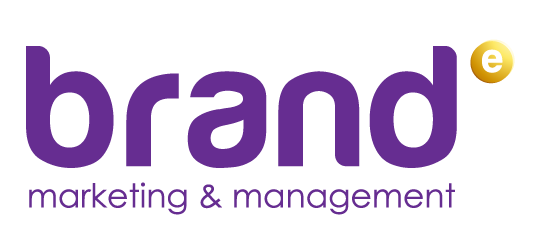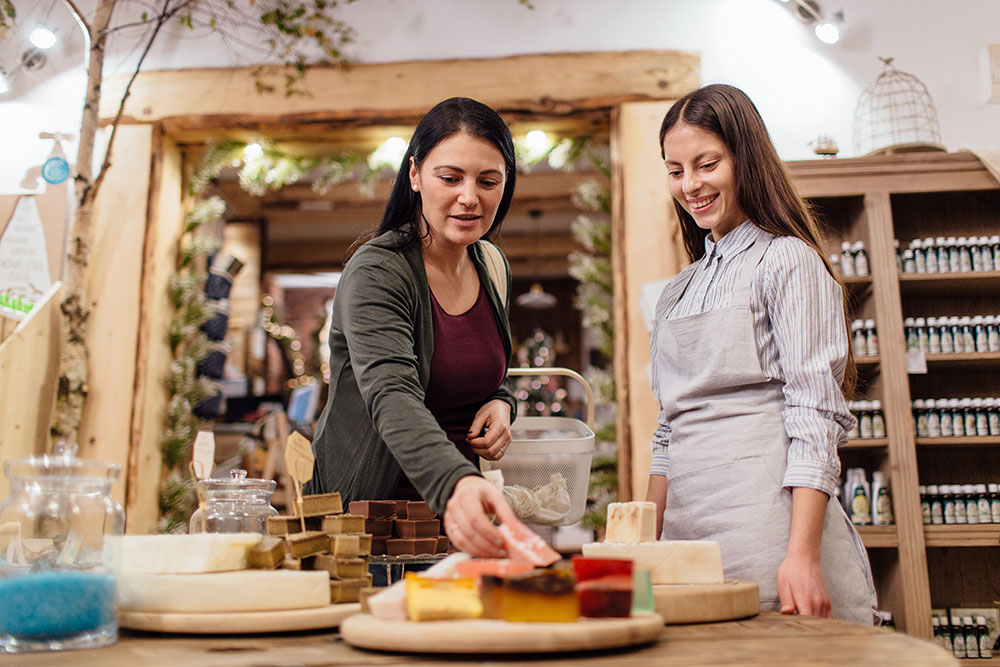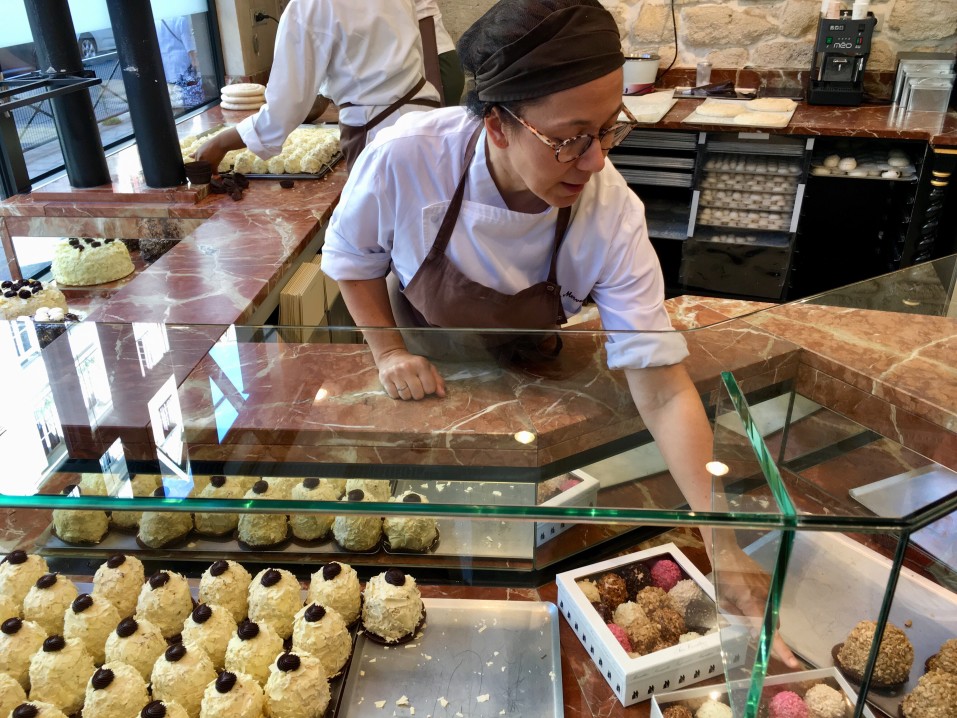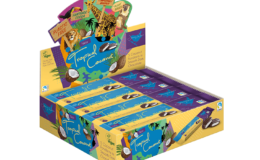There are good times ahead for the Food and Drink sector, according to Mintel’s predictions for 2022. Tracking trends through consumer and market data, predictive analytics and expert recommendations, the group identified the biggest consumer habits to watch out for in 2022…

Enjoyment everywhere
After a tough two years, consumers are ready to shake off their stress and get out and embrace new experiences. “Consumers are seeking sources of joy as the continuing pandemic and other local and global crises have caused them anxiety and stress. Many may be feeling a kind of ‘survivor’s guilt’ and, as a result, brands are recognising the importance of uplifting people by giving them permission to feel happiness once again,” Simon said.
For retailers, producers and event planners this could take the shape of new experiences or a more interactive and playful social media account. But, Simon warns, be aware of pushback to this in the form of consumers seeking “a more mindful approach to pleasure and enjoyment”.

Being in control
In times of uncertainty, Mintel said, consumers crave a sense of control over their lives. “Feelings of precariousness and financial insecurity both created, and exaggerated, by the pandemic mean that consumers are looking for a sense of control over every aspect of their lives,” said Simon Moriarty, director of Mintel Trends, EMEA.
With misinformation making it harder for consumers to make the informed decisions they crave, they will be looking for clarity, transparency and flexibility. “Brands will need to work harder to deliver reliable information and balance censorship and authenticity,” he continued. This trend could lead to a growing desire for food and drink that caters for individual, personalised needs, for instance. In terms of services like online ordering and delivery, it could cause consumers to seek out more flexible options when shopping.
Ethics check
Businesses have started to understand the importance of declaring their values loud and clear and speaking out on sometimes controversial topics. Consumers want to see more of this going forwards, and they want retailers and producers to be making measurable progress, too.
“Consumer demand for, and expectations of, brands’ ethical commitments are evolving,” Simon said. “They have moved beyond simply wanting brands to ‘be ethical’ and are demanding to see measurable, transparent and consistent actions from those they choose to support. Consumers will look beyond a brand’s achievements and strengths; businesses will need to be transparent about their weaknesses, too, where and why they fail and how they plan to address these issues in future.”
Creating an open line of communication with customers around issues like sustainability is key to this – and it can also offer all those in the food and drink sectors ideas for how to change for the better. Data is also critical, however. Simon said, “If a company isn’t properly measuring what they aim to fix or change, it’s difficult to determine whether progress is being made, let alone communicate that progress in a way that consumers will understand.” So updating communications are vital.






